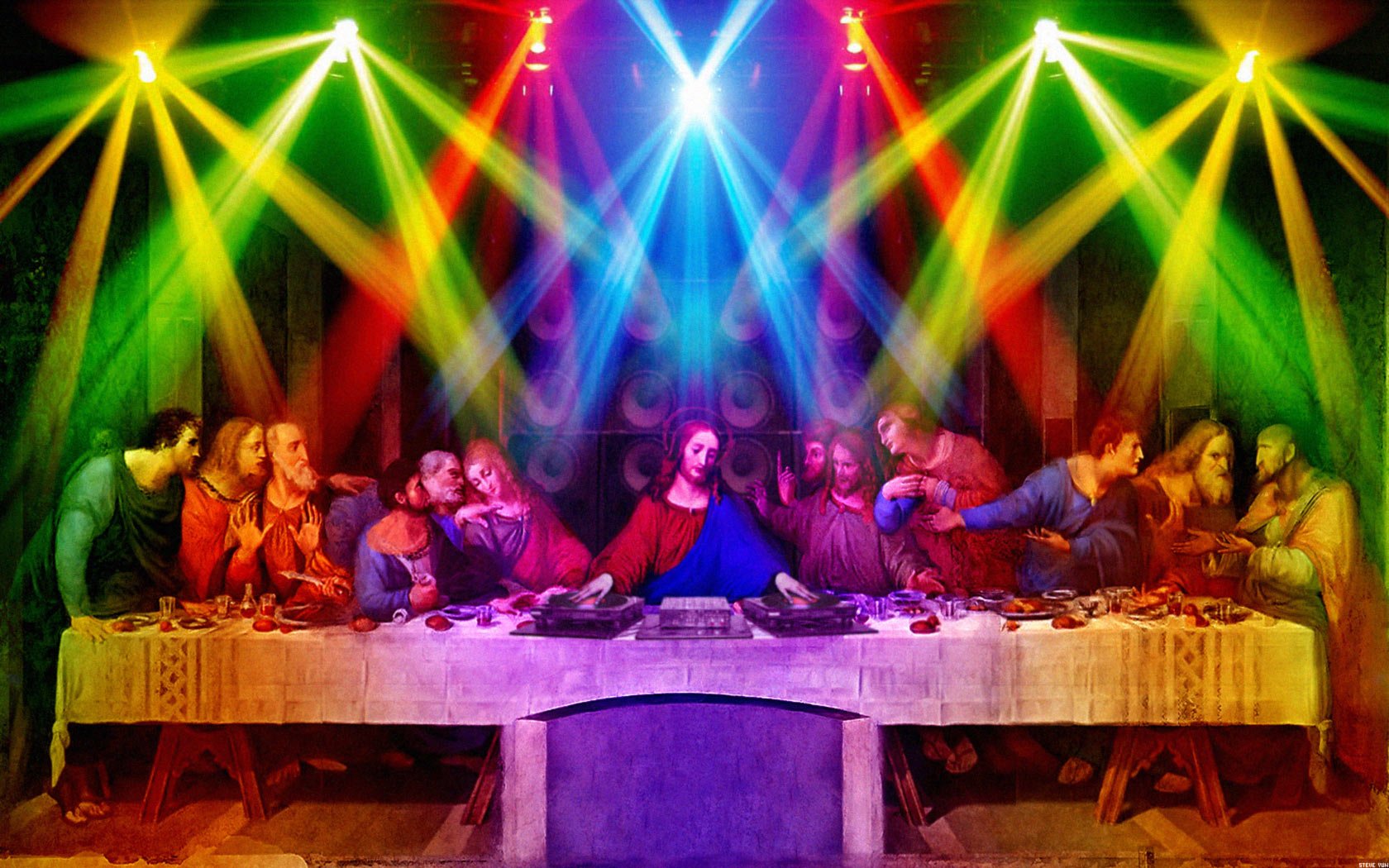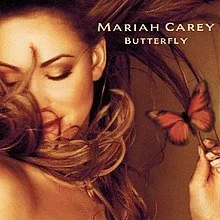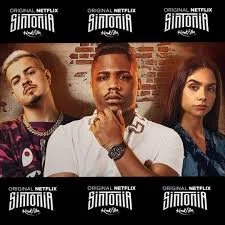Songs of Songs
Stephen Adubato listens for the sacred in secular music
“DJ Jesus, the original: Last Life A DJ Saved My Night” (2010). Image: Visionello via Like Cool
Stephen G. Adubato is an adjunct professor of religion and philosophy. In his blog Cracks in Postmodernity, and in publications like The National Catholic Reporter and America: The Jesuit Review, Adubato documents his experiences in the classroom and in the world, examining life's "many facets through the lenses of theology, philosophy, education, and culture”—his attempt to "sort through postmodern culture, looking for cracks through which authentic meaning and beauty can emerge."
HTI Open Plaza presents a compilation of 24 essays by Adubato that explore the sacred in secular music, followed by a companion playlist he created of songs referenced.
AUTHOR’S NOTE
“In music…what man pays homage to is something else, something he is waiting for. His enthusiasm is for something that music, or whatever is beautiful in the world, has awakened inside him. When man “fore-sees” this, he immediately bends his soul to wait for the other thing: he grasps what he can grasp, but he waits for another thing.”
–Luigi Giussani
Our attitude toward the ultimate Truth–or the “religious problem,” as I call it—can vary over time, growing in openness or hardening into apathy , depending on the circumstances we are facing and the people with whom we face them. Many popular songs speak blatantly about a longing for “more,” for some answer that will satisfy the desires of their heart. Some profess the answer is romance, pleasure, or God. Other songs indicate that the singer is still searching and is unsure where to find the answer, while still others will express their disillusionment with life and lament its emptiness, concluding that there are no real answers, and no real happiness.
My students are often surprised to find these religious themes floating around in the music they’re used to bopping their heads to while listening to the radio. They usually associate Gospel music, church hymns, or Christian Contemporary Music (CCM) with the category of “religious music.” But I argue that music itself is religious. It is a means to express our search (or fear of searching) for the Ultimate.
Now, my students don’t automatically “come to Jesus” through these lessons, but I’d say that’s an inadequate goal for a religion teacher. Christ met me through my daily reality, not through someone barging into my life and imposing an answer onto it. In the same way, I want my students to let Christ meet them where they are at, starting with their own culture. When my students leave class saying, “I’m never going to listen to the radio the same way again,” that’s when I know the Spirit is moving.
—Stephen Adubato, from “Beyond CCM: Finding God in Secular Music”






















